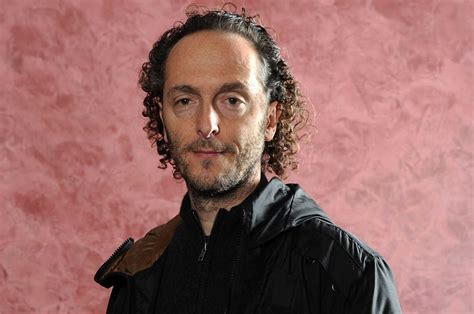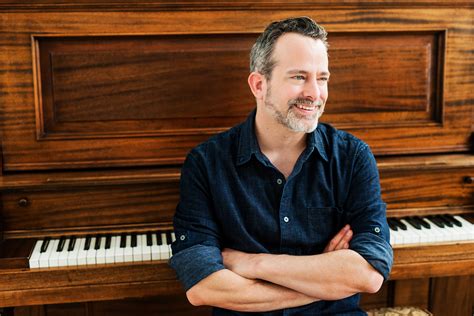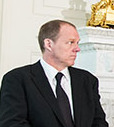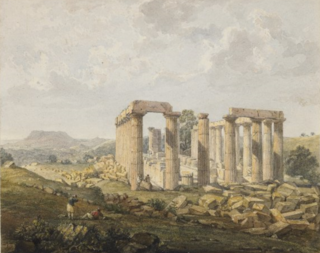A Quote by Emmanuel Lubezki
I'm very attracted to directors who want to experiment. The thing that attracts me the most are people who are trying find a language that is correct for their film, for that specific film.
Related Quotes
To me, a revolutionary film is not a film about a revolution. It has a lot more to do with the art form. It's a film that is revolting against the old established language of cinema that had been brainwashing the people for decades. It is a film that is trying to find ways to use sound and image differently.
Film theory has nothing to do with film. Students presumably hope to find out something about film, and all they will find out is an occult and arcane language designed only for the purpose of excluding those who have not mastered it and giving academic rewards to those who have. No one with any literacy, taste or intelligence would want to teach these courses, so the bona fide definition of people teaching them are people who are incapable of teaching anything else.
When you're doing a film and the majority of the film is cast black, for me, it's most important to get people to view those movies as just movies, as just good movies. At the end of the day, regardless of the color of the cast, we're all doing the same thing in this business: trying to make a good film.
One of the earliest memories I have of feeling the power of film music was watching Willy Wonka & the Chocolate Factory. That was a really clear epiphany for me, when I realized that each film has its own music, and that there was someone out there who wrote this very specific music for just this one film.
I'm not trying to be self-serving, but you know, you get to Hollywood, and if you want to make something big and loud and dumb, it's pretty easy. It's very hard to go down there and make a film like 'Sideways,' which I thought was a great film. They don't want to make films like that anymore, even though that film was very successful.
Before writing a single note of music, and even before the spotting session, I find it best to sit down with the director and just listen to him or her talk about the film - what they're trying to say, what they want the audience to understand or believe, and a thousand other similar questions. The director has most likely been living with the film for years before a composer is attached, and so the director's inclinations, desires, and understanding of the film are paramount.






































